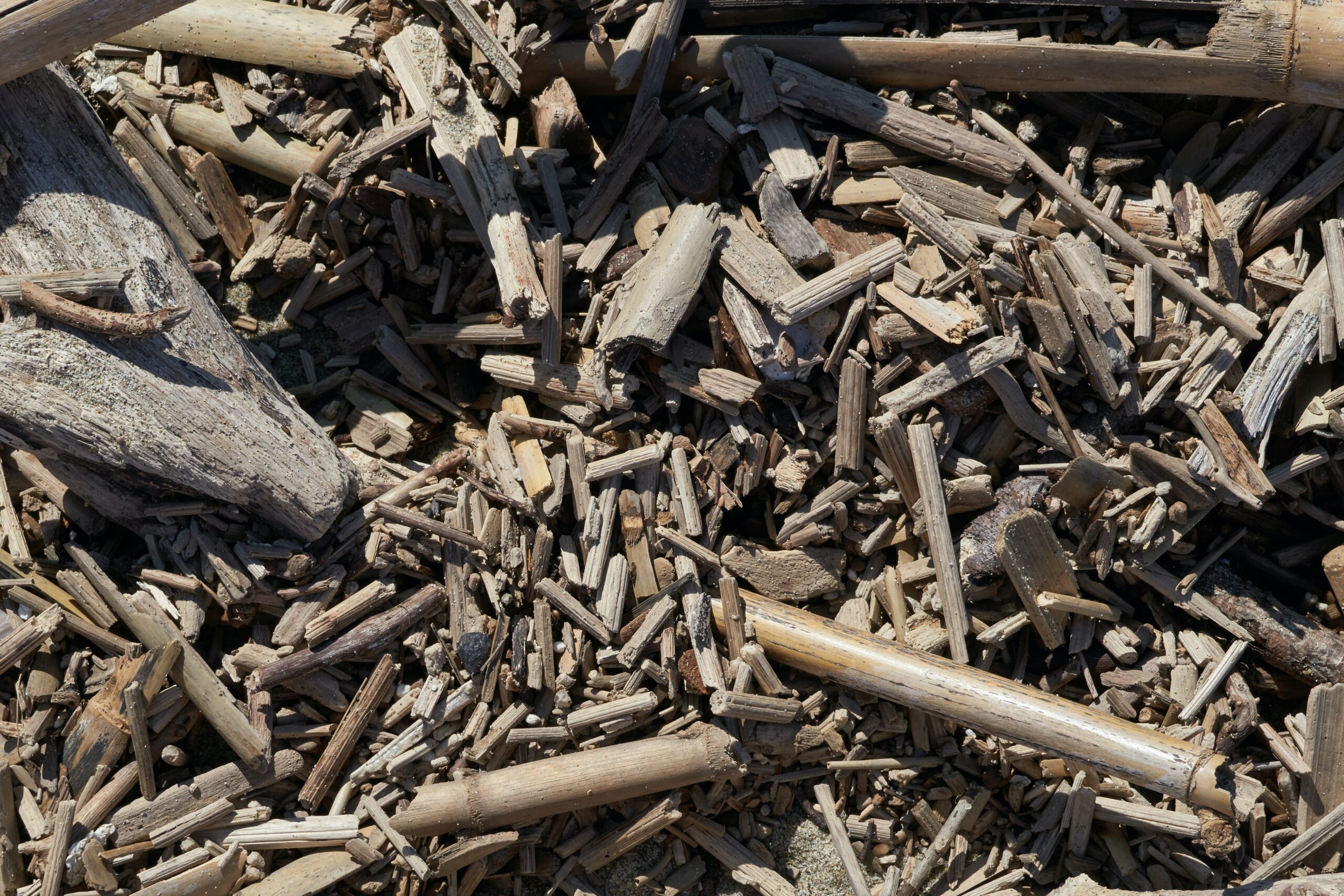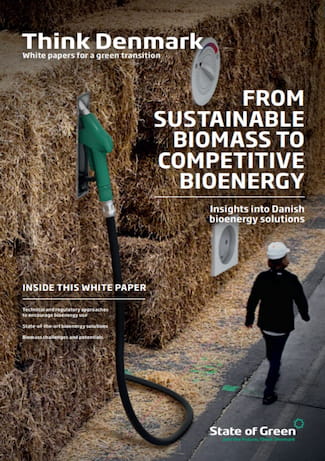Download our publication on bioenergy today
This article is part of our publication ‘Bioenergy’.
Download nowPerspective
Bioenergy
Biogas
Biomass


The amount of electricity from wind and solar power fluctuates widely. The combined heat and power plants (CHP plants) in Denmark are a prerequisite for having power when we switch on the light, and replacing coal and natural gas with wood pellets and wood chips is the most inexpensive and effective way to utilise the existing efficient CHP plants, instead of building new capacity.
In addition, the CHP plants play a substantial role in supplying district heating to most Danish households – this role cannot presently be taken by wind and solar power. By switching to woody biomass sourced from sustainable forestry, the Danish CHP plants contribute significantly to the green transition and the overall reduction of Danish carbon dioxide levels in an economically sustainable manner.
Denmark has used biomass sustainably for more than 20 years because Danish heating plants have utilised straw, wood chips and wood pellets for efficient heat production since the 1980s. We will continue to do so, and in the future wood pellets and wood chips will represent a larger part of this
production. Wood pellets will primarily be used in large CHP plants, largely supplied by Europe and North America where the forest areas are growing and national legislation ensures sustainable forestry. In North America alone the growth in forests is 400 million m3 per year. This corresponds to 150 million tons of wood pellets per year, which is 10 times Europe’s total consumption per year today. Wood chips will be used primarily in small and medium sized CHP plants and will mainly come from Denmark and neighboring areas.
To guarantee the CO2 reducing effect, wood pellets and wood chips must come from sustainable forestry. For us it is not an issue for discussion that the biomass we use today has to be sustainable. The Danish energy industry ensures sustainable biomass, locally and imported, through a voluntary agreement which was signed by the Danish Energy Association and the District Heating Association in 2014. The agreement requires CHP utilities to document sustainability with regard to range of criteria notably: calculations of the carbon footprint in all parts of the value chain – from forest to incineration; a guarantee that the productivity of the forests is preserved by replanting, and that forestry has minimal impact on the ecological system and assurance of health and vitality; that forestry must ensure conservation of biodiversity; and that companies and suppliers have to respect local and national legislation. Three certification schemes can be used to show compliance. The three systems are Sustainable Biomass Partnership, FSC and EFC.
The Sustainable Biomass Partnership (SBP) is an industry-led initiative formed by major European utilities that use biomass, including DONG Energy, mostly in the form of wood pellets, in large thermal power plants. To date, SBP has developed a certification framework to provide assurance that woody biomass is sourced from legal and sustainable sources allowing companies in the biomass sector to demonstrate compliance with regulatory requirements. The SBP Framework is designed as a clear statement of principles, standards and processes necessary to demonstrate such compliance. Wherever possible, use is made of the FSC and PEFC standards and processes already applied to other forest product streams. Further refinement and
strengthening of these SBP standards will follow as necessary.

This article is part of our publication ‘Bioenergy’.
Download nowNews
Carbon capture, storage and utilisation
+2